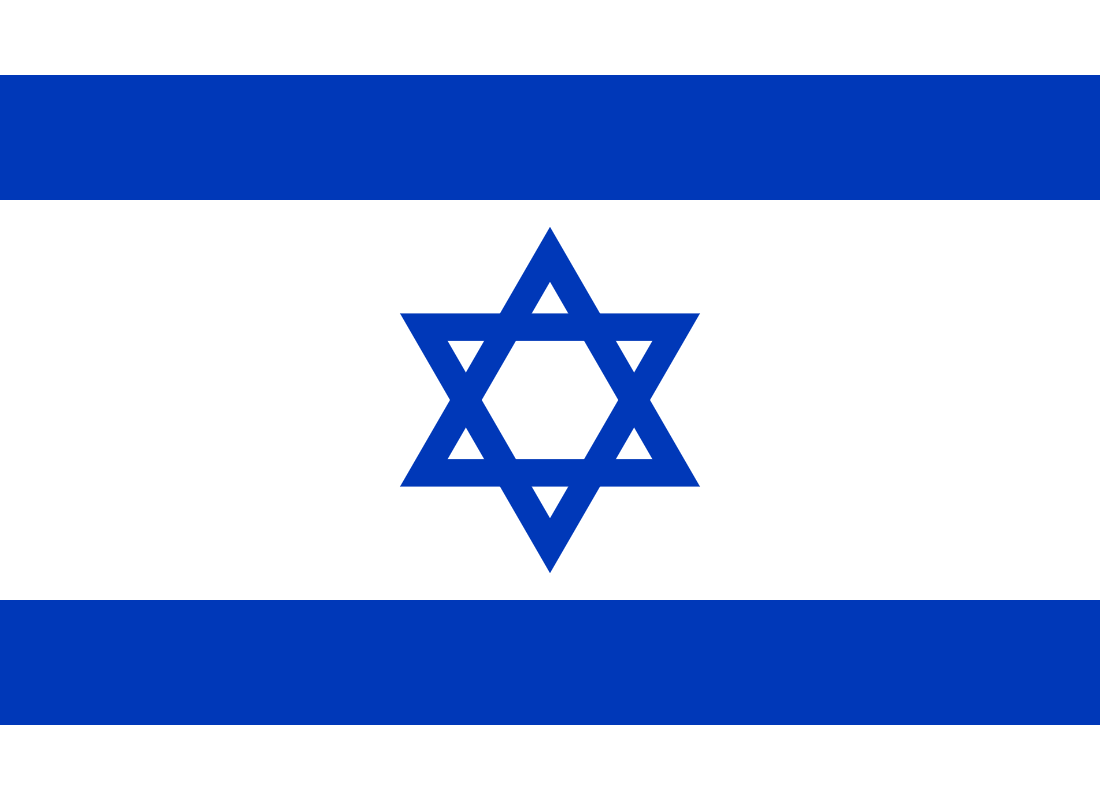Israel considers Iran’s nuclear ambitions as an existential threat and has been outspoken about international efforts to reach an accord with Iran. As talks on curbing Iran’s nuclear program progress in Vienna, Israeli officials have somewhat softened their stance on the matter. Israeli Prime Minister Naftali Bennett recently said, “For sure there can be a good agreement. Is that expected to happen now in the current dynamics? No. Because there needs to be a much firmer position.”
Considering the long-term position of Israel on the possibility of military action against Iran over its nuclear program, the acknowledgement that a deal with Iran would be welcome is a positive step. Benjamin Netanyahu was Mr. Bennett’s predecessor. He said in 2015 when the accord with Iran was first enacted that it was an “historic” mistake. Israel has not ruled out the possibility that it could act unilaterally if the Vienna talks fail, and Iran advances it nuclear program.
Benny Gantz is Israel’s defense minister. He told his US counterpart last month that “Iran is the biggest threat to global and regional peace and stability and building an existential threat to Israel.” Days later, Mr. Gantz told Israeli’s Members of Parliament that the government was “deepening international co-operation” regarding Iran. On December 22nd, he said “I am certain that soon both overt and covert actions will be expanded, by a variety of means.”
Sima Shine heads the Iran program at Israel's Institute for National Security Studies. She said that direct military action would be a “last resort” if the Vienna talks collapse. She previously led the research unit at Israel’s Mossad intelligence agency. She added, “I assume that Israel will be hoping for a ‘snapback’ in the [UN] Security Council, a tightening of the economic sanctions that are already in place.” The 2015 agreement with Iran included a “snapback” mechanism through which the U.N. could quickly reimpose sanctions if Iran violated the terms of the agreement.
Chuck Freilich is a former deputy national security adviser in Israel. He said that Israel would hold off on taking unilateral actions against Iran. He added, “If there isn’t an agreement and the US and the other powers start imposing tightened sanctions and diplomatic pressure, I also think Israel won’t [act unilaterally]. If and when every other option has been exhausted, then I believe Israel has no choice but to take military action.”
Iran has blamed Israel for covert attacks on its nuclear program such as the assassination of top scientists including Mohsen Fakhrizadeh in November 2020. Iran has also accused Israel of sabotaging its nuclear plants, including a power cut at the Natanz site last April. Israel officials often do not comment on such accusations and incidents.
Ms Shine has suggested that while all options are on the table for Israel, attacking Iranian nuclear sites themselves likely takes precedence over attacking personnel. Such a move would probably result in a response from Iran, which might include attacks on Israel through its forces or proxy groups across the Middle East. Reaching this point would probably lead to an unprecedented level of violence, Mr Freilich said. He added that “There will be a price to be paid. That first and foremost, Israel will be hit militarily in a way that it’s never been hit before.”
